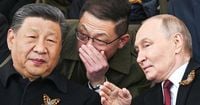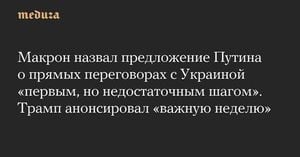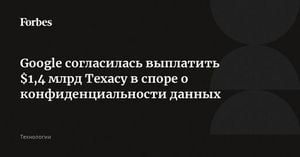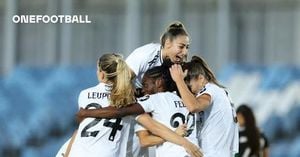MOSCOW — Russia marked the 80th anniversary of the World War II victory over Nazi Germany on Friday, May 9, 2025, with a grand military parade in Moscow, attended by numerous world leaders, including Chinese President Xi Jinping. This year’s celebrations were particularly significant, taking place amid ongoing tensions due to the war in Ukraine and showcasing Russia's military might.
The event, held in the iconic Red Square, featured thousands of Russian troops and military units from China and 12 other countries, underscoring a united front against perceived Western aggression. Russian President Vladimir Putin, who is currently facing an arrest warrant from the International Criminal Court for alleged war crimes in Ukraine, used the occasion to project strength and solidarity on the global stage.
As part of the celebrations, Putin proposed a "humanitarian" truce with Ukraine over the holiday, although this gesture has been dismissed by Kyiv as insincere. Ukrainian officials labeled the parade a "parade of cynicism," arguing that it served only to mask the ongoing violence and suffering caused by the war.
Security was tight in Moscow, with authorities jamming mobile internet connections and banning attendees from bringing certain items to the parade, citing the threat of Ukrainian drone attacks. This heightened security followed recent incidents where drones targeted the city, raising concerns about potential disruptions during the commemorative events.
During his visit, Xi Jinping emphasized the deepening ties between China and Russia, stating, "China will work with Russia to shoulder the special responsibilities of major world powers." This statement reflects the growing partnership between the two nations, particularly in the face of increasing pressure from the United States and its allies.
The parade also featured a display of advanced military equipment, including Russian T-80 BVM tanks and S-400 anti-aircraft missile systems. The aerial segment showcased the Russian Air Force's Su-25 jets and Sukhoi Su-30SM fighters, which flew over the square, leaving trails of smoke in the colors of the Russian flag.
Among the dignitaries present were Brazilian President Luiz Inácio Lula da Silva and Belarusian President Alexander Lukashenko, both of whom expressed solidarity with Putin. Lula, however, also conveyed a message from Ukrainian President Volodymyr Zelenskyy calling for a sustained ceasefire, highlighting the complex dynamics at play during the celebrations.
As the parade unfolded, Putin delivered a speech that drew parallels between the Soviet Union’s fight against Nazi Germany and Russia’s current military operations in Ukraine. This narrative has been a cornerstone of Putin’s rhetoric since the start of the conflict, framing the invasion as a necessary action to "de-Nazify" Ukraine, a claim that has been widely criticized and rejected by Kyiv.
Historically, May 9 is a significant day in Russia, commemorating the immense sacrifices made during World War II, which resulted in the loss of over 27 million Soviet lives. The day has become a symbol of national pride and resilience, and under Putin’s leadership, it has evolved into a showcase of military power and patriotism.
In the days leading up to the parade, Moscow was adorned with flags and banners celebrating the victory, and many citizens donned the orange-and-black St. George ribbon, a symbol of Russian military valor. This display of nationalism is particularly poignant given the current context of the war, which has seen a resurgence of militaristic sentiment in Russia.
Xi’s participation in the parade and his subsequent meetings with Putin highlight the strategic alliance between the two countries, particularly as they navigate the complexities of global politics. The two leaders issued a joint statement affirming their commitment to enhancing military cooperation and resisting U.S. policies perceived as hostile.
As the world watches, the implications of this partnership extend beyond military collaboration. China’s growing influence in global affairs, coupled with Russia’s efforts to assert itself amid international isolation, presents a significant challenge to the existing geopolitical order.
In the wake of the parade, analysts are keenly observing how these developments will affect the ongoing conflict in Ukraine and the broader landscape of international relations. The juxtaposition of a grand military display against the backdrop of a protracted war raises questions about the future of peace and stability in the region.
As Xi prepares to depart Russia, he will head to Switzerland for discussions with U.S. officials regarding trade tensions, signaling that while military alliances are being fortified, economic dialogues remain crucial in navigating the complex web of global relations.
The Victory Day parade, while a celebration of past triumphs, also serves as a reminder of the ongoing struggles faced by nations embroiled in conflict, highlighting the delicate balance between remembrance and the realities of contemporary warfare.




